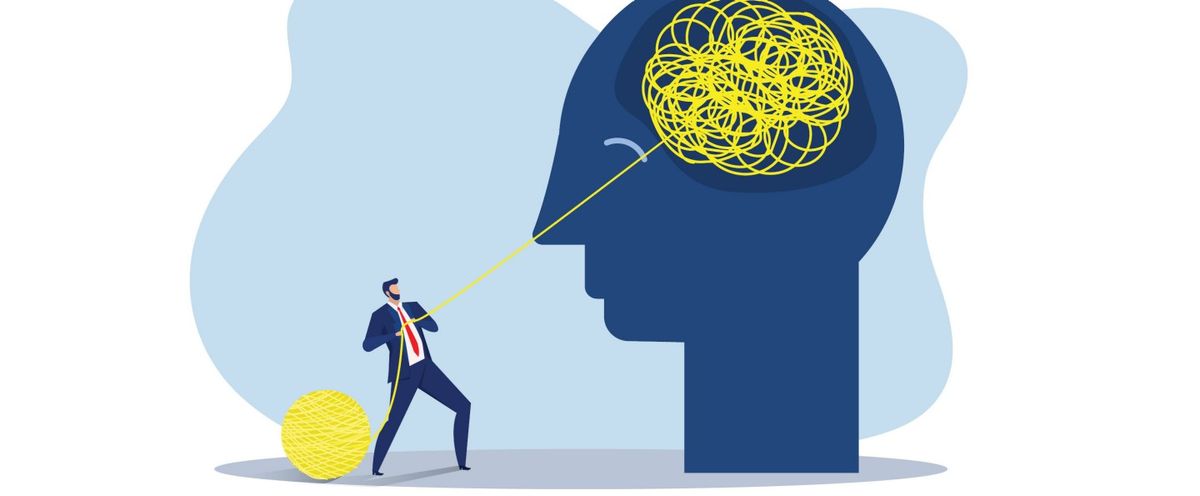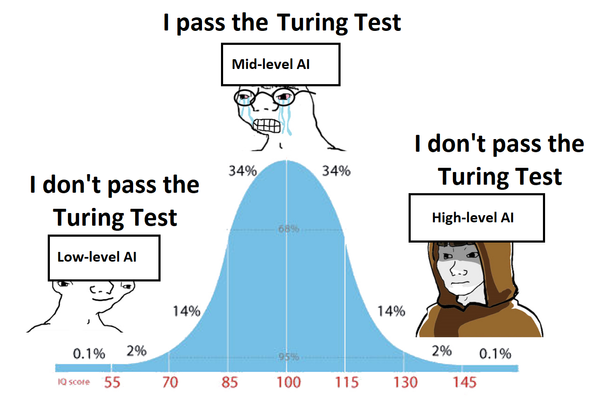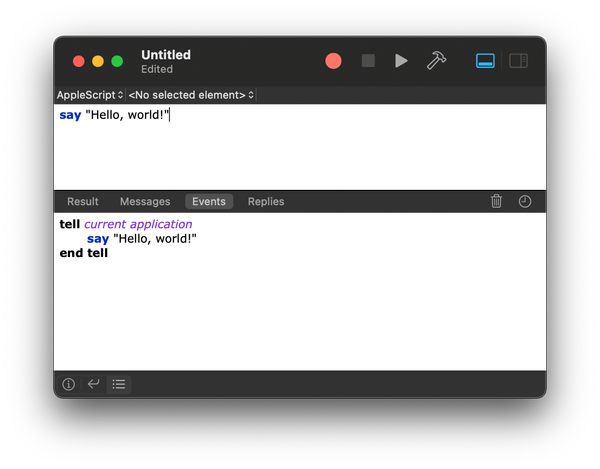A Basic Overview of Cognitive Biases
Cognitive biases are systematic errors in thinking that can influence our decision-making processes and judgments. These biases are a result of our brain's attempt to simplify information processing and make quick decisions.

Introduction
Cognitive biases are systematic errors in thinking that can influence our decision-making processes and judgments. These biases are a result of our brain's attempt to simplify information processing and make quick decisions. While they can be helpful in certain situations, they can also lead to irrational and flawed thinking. In this article, we will explore some common types of cognitive biases and their implications.
Types of Cognitive Biases
Confirmation Bias
Confirmation bias is the tendency to search for, interpret, or remember information in a way that confirms our preexisting beliefs or hypotheses. This bias can lead to the exclusion of contradictory evidence and the reinforcement of existing beliefs. It can hinder critical thinking and prevent us from considering alternative perspectives.
Availability Heuristic
The availability heuristic is the tendency to rely on readily available information when making judgments or decisions. We often overestimate the likelihood of events that are easily recalled from memory, such as vivid or recent experiences. This bias can lead to inaccurate assessments and poor decision-making.
Anchoring Bias
Anchoring bias occurs when we rely too heavily on the first piece of information we encounter when making decisions. This initial information, or "anchor," can influence subsequent judgments, even if it is irrelevant or arbitrary. Anchoring bias can lead to biased estimations and distorted perceptions of reality.
Overconfidence Bias
Overconfidence bias is the tendency to overestimate one's own abilities, knowledge, or judgment. It can lead to unwarranted confidence in decision-making and a failure to consider potential risks or limitations. Overconfidence bias can result in poor decision outcomes and a lack of accountability.
Framing Effect
The framing effect is the influence of presentation or context on decision-making. The way information is framed can significantly impact our judgments and choices. For example, presenting a choice as a potential gain or loss can lead to different decisions, even if the options are objectively the same. The framing effect highlights the importance of how information is communicated.
Implications of Cognitive Biases
Cognitive biases can have significant implications in various aspects of life, including:
Decision-making
Cognitive biases can impair our ability to make rational decisions. They can lead to flawed reasoning, poor judgment and biased evaluations of options. Recognising and addressing these biases is crucial for effective decision-making.
Communication
Cognitive biases can also affect communication. Confirmation bias, for example, can lead to selective exposure to information and a lack of open-mindedness. Understanding these biases can help improve communication by promoting active listening, empathy and the consideration of diverse perspectives.
Problem-solving
When solving problems, cognitive biases can hinder our ability to think critically and objectively. The anchoring bias, for instance, can limit our exploration of alternative solutions. Being aware of these biases can enhance problem-solving skills and promote innovative thinking.
Personal development
Recognising and understanding cognitive biases can contribute to personal growth and development. It enables us to challenge our own beliefs, question our assumptions and approach situations with a more open and objective mindset.
Conclusion
Cognitive biases are inherent in human thinking and can significantly impact our decision-making processes. By understanding the various types of biases and their implications, we can strive to overcome them and make more rational and informed choices. Recognising and addressing cognitive biases is an essential step towards improving critical thinking skills and fostering better decision outcomes.



